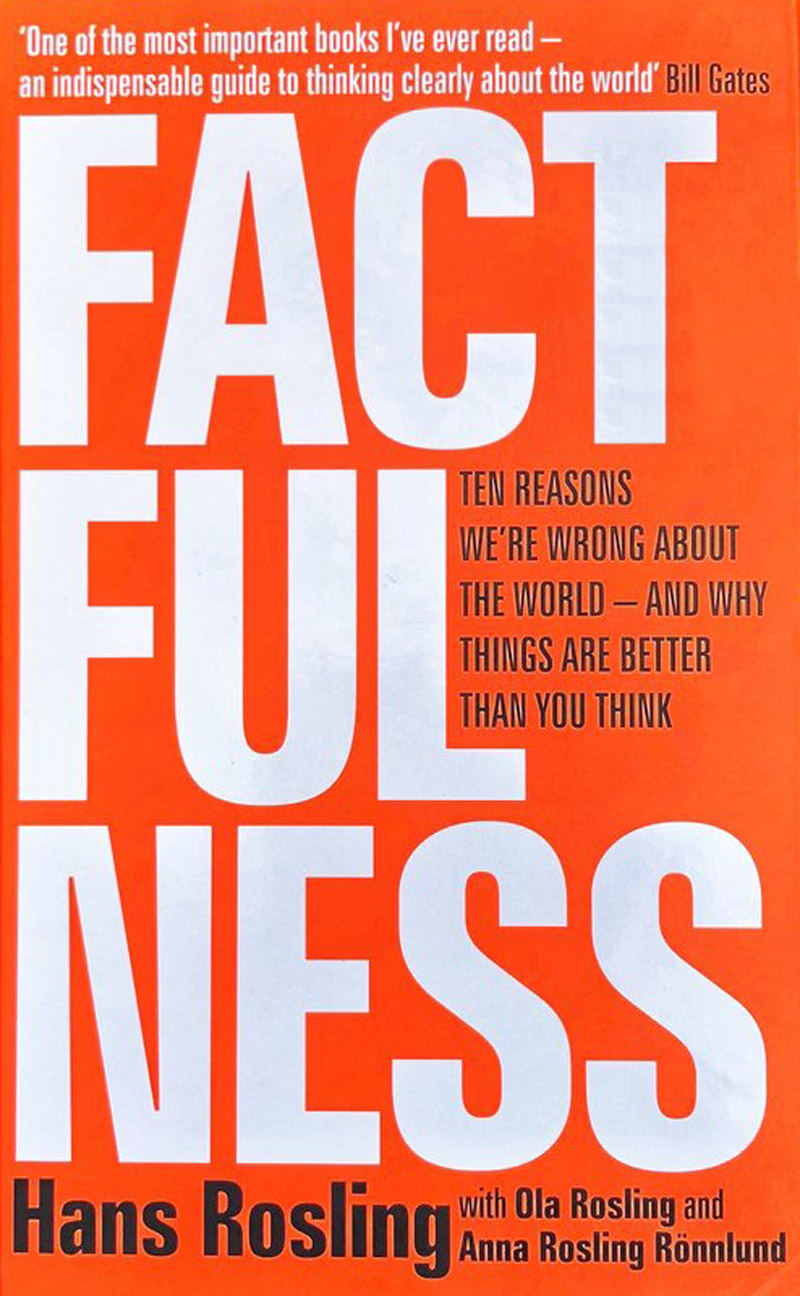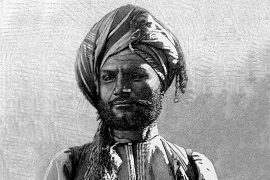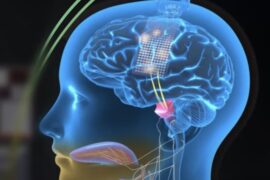The world cannot be understood without numbers. And it cannot be understood with numbers alone
For much of his life, Hans Rosling pursued a mission. The Swedish Professor, a self-proclaimed “possibilist,” advocated the use of facts and data to show how not to be ignorant about the world. He had an uncanny ability to bring data to life and depict how we misinterpret the world around us. Resisting the overdramatic worldview, he explains, using facts and data, how we develop beliefs that distort our understanding of the world.
His book, Factfulness: Ten Reasons We’re Wrong About the World –And Why Things Are Better Than You Think, co-authored and published posthumously, by Ola Rosling and Anna Rosling Rönnlund, his son and daughter-in-law, is an attempt at deconstructing the misconceptions that people have about our world. The book, an international best-seller, shows why we are wrong in many of our beliefs and demonstrates that, although you might not think it, the world is getting better.

Rosling is quick to clarify that a better world doesn’t necessarily make it good. While extreme poverty, discrimination, inequality (to name a few) are prevalent, the world will still be bad. Compare the world to a critically ill baby in an incubator. If the signs slowly improve over a week, then, can we say his/her condition is getting better? Yes. But can we also say his/her condition is still bad? Yes. This explanation of the world has the same relationship as velocity and speed do: velocity is speed in a given direction in the same way better is bad gradually improving.
Copyright©Madras Courier, All Rights Reserved. You may share using our article tools. Please don't cut articles from madrascourier.com and redistribute by email, post to the web, mobile phone or social media.Please send in your feed back and comments to [email protected]











